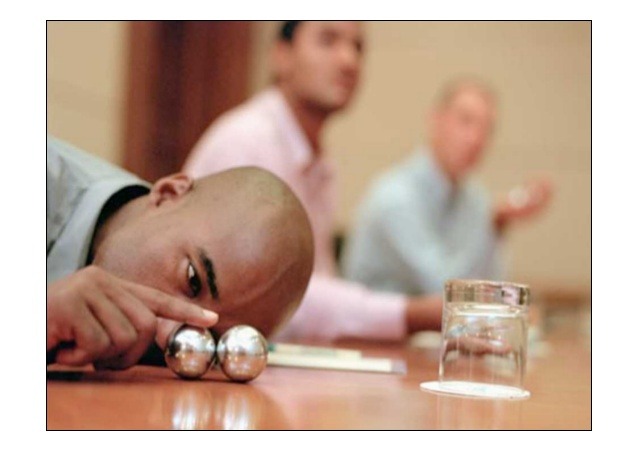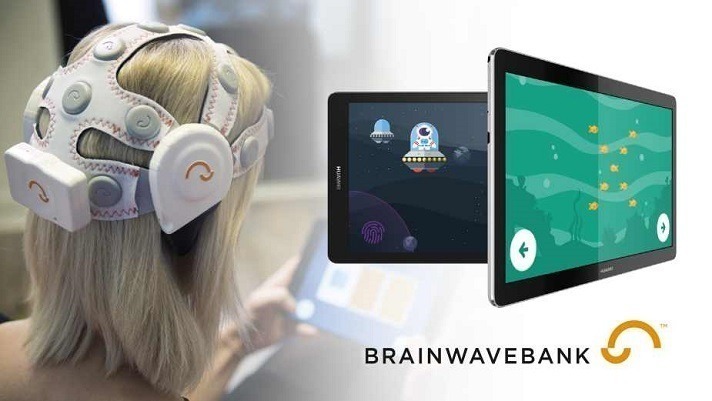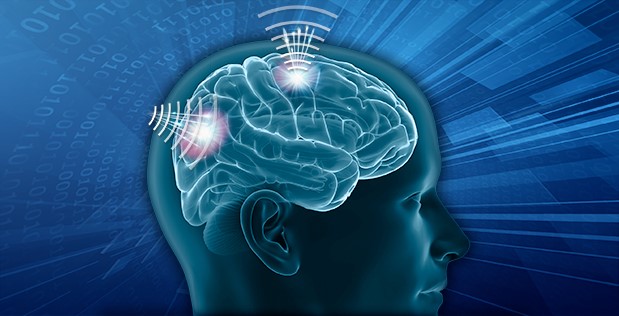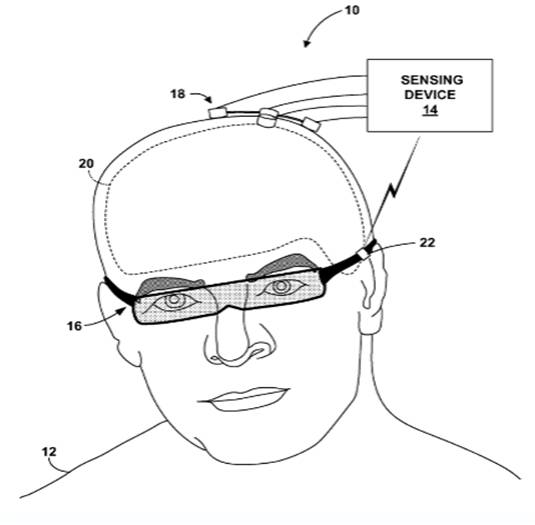Posts Tagged ‘electroencephalogram’
Becoming better mind-wanderers to boost problem-solving and mood
I’m a big believer in daydreaming now and then—especially when I’m out hiking. There’s something about being in nature that helps me let go of daily cares and allows my mind to wander where it will, which feels great and often jumpstarts my creativity as a writer and musician. I admit, though, I’ve been troubled…
Read MoreStudy shows promising results of EEG-based brain training in helping adults with ADHD
Managing attention deficit disorder by training the brain (ScienceDaily): Attention Deficit Hyperactivity Disorder (ADHD) affects about 7% of children, with a two out of three chance of persisting into adulthood. This neurodevelopmental disorder is characterised by concentration difficulties, increased distractibility, impulsivity and hyperactivity. Today, ADHD is treated with pharmaceutical drugs that may have unwanted side…
Read MoreCumulus Neuroscience raises $8.3M to develop EEG-based wireless ‘Fitbit for the brain’
Belfast-based Cumulus raises €6.9m for its ‘Fitbit for the brain’ (The Irish Times): … Formerly known as BrainWaveBank, the company has developed a wireless electroencephalogram (EEG) headset and proprietary software platform that use advanced analytics and machine learning to measure cognitive fitness. “This funding will allow us to build on the ground-breaking advances we have made…
Read MoreDARPA paving the way for a future brain-based Internet
___ DARPA Wants Brain Interfaces for Able-Bodied Warfighters (IEEE Spectrum): “Until now, the neuroscience programs at DARPA, the mad science wing of the Department of Defense, have focused on technologies for warfighters who have returned home with disabilities of the body or brain. For example, programs have funded research on prosthetic limbs that are wired…
Read MoreDARPA invests in nonsurgical neurotechnologies for eventual use in healthy human subjects
___ Nonsurgical Neural Interfaces Could Significantly Expand Use of Neurotechnology (DARPA News): “Over the past two decades, the international biomedical research community has demonstrated increasingly sophisticated ways to allow a person’s brain to communicate with a device, allowing breakthroughs aimed at improving quality of life, such as access to computers and the internet, and more…
Read MoreAugmenting physiotherapy via neurofeedback and neurostimulation: Key neurotechnology patent #43
Today we are sharing a fascinating patent from Medtronic. (As mentioned, we are featuring 50 foundational Pervasive Neurotech patents, from older to newer by issue date) U.S. Patent No. 8,121,694: Therapy control based on a patient movement state Assignee(s): Medtronic, Inc. Inventor(s): Gregory F. Molnar, Steven S. Gill, Keith A, Miesel, Mark S. Lent, Timothy J. Denison, Eric J.…
Read More




